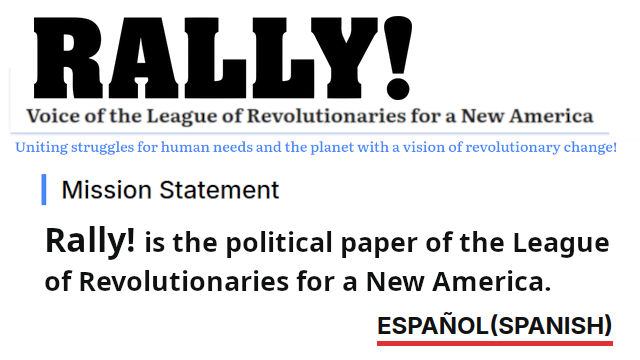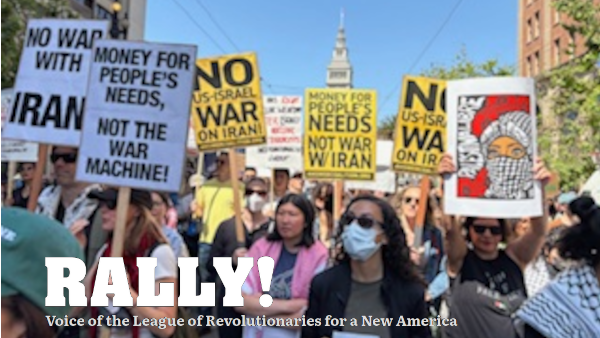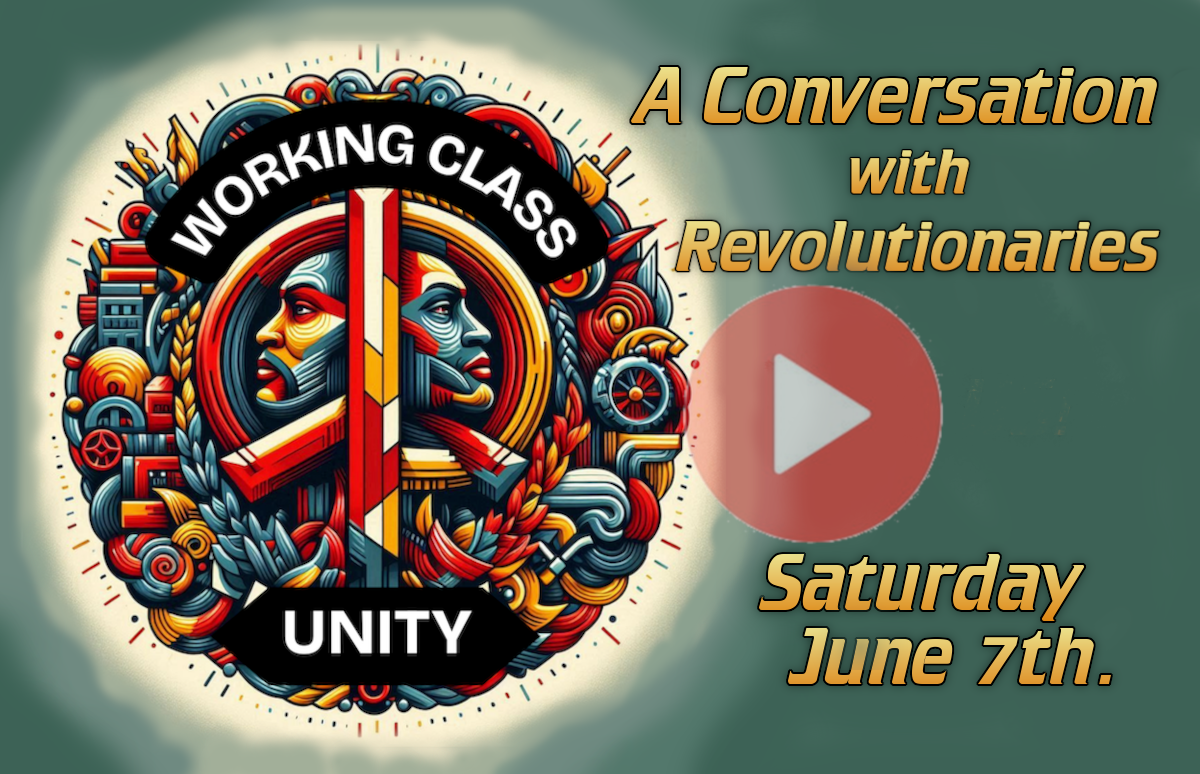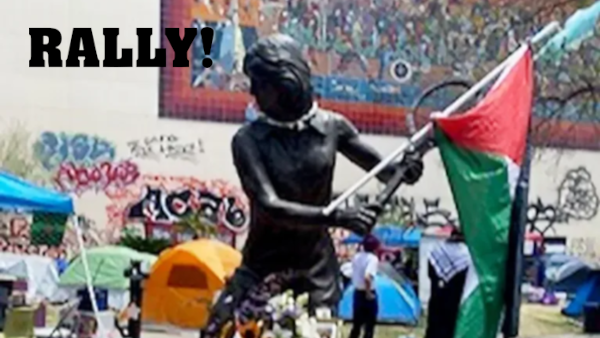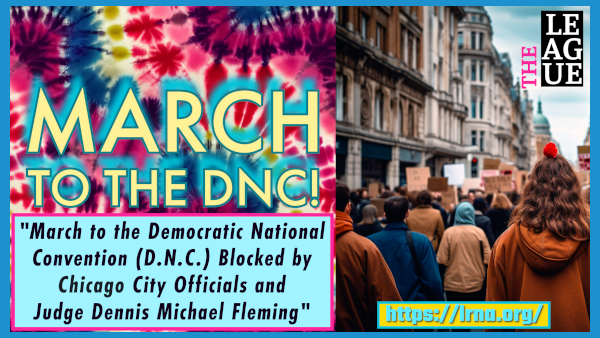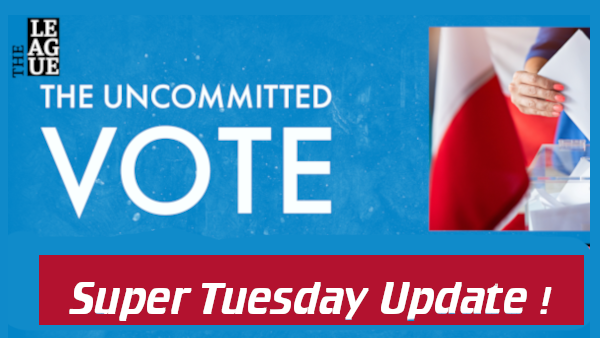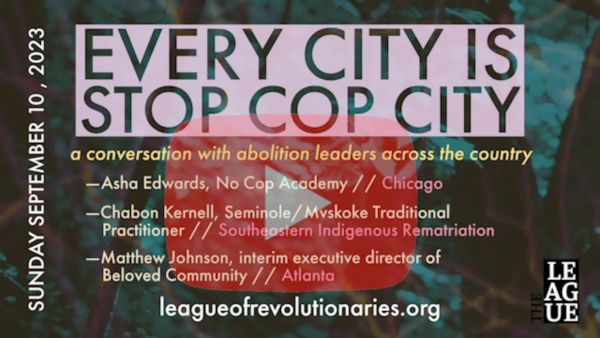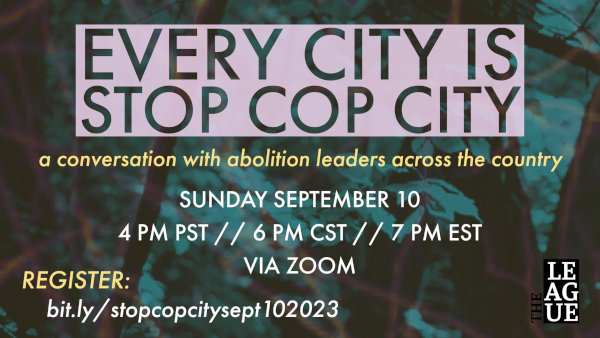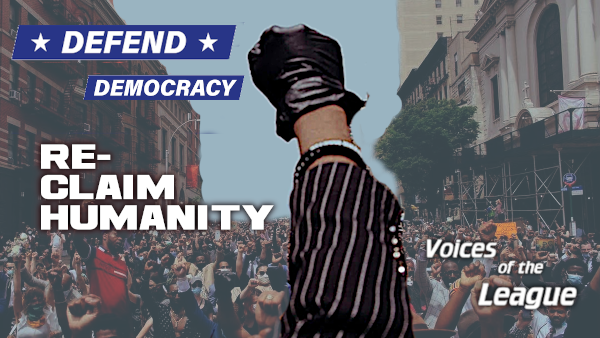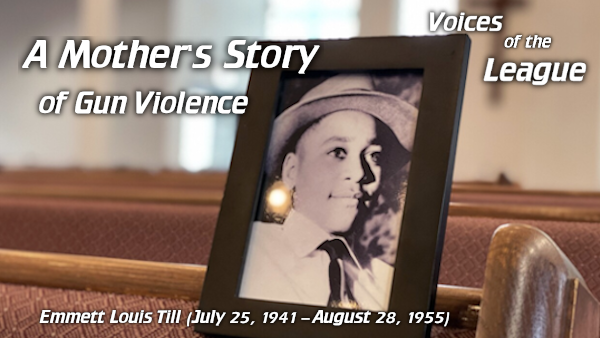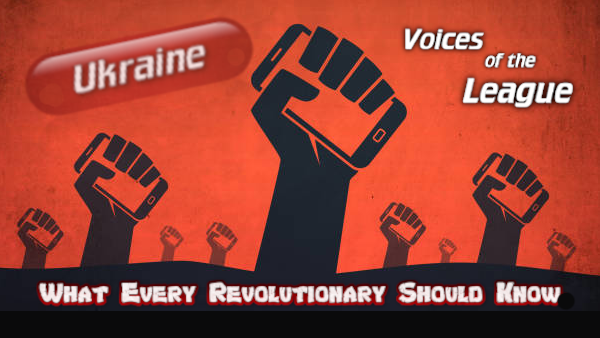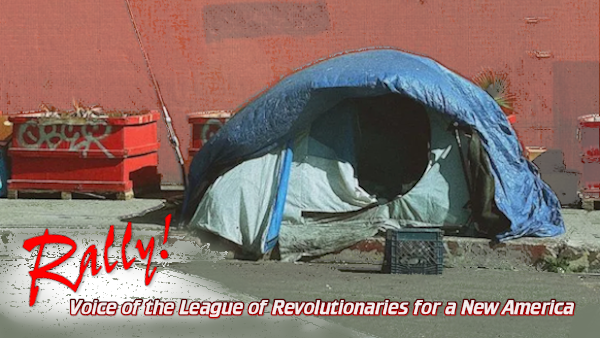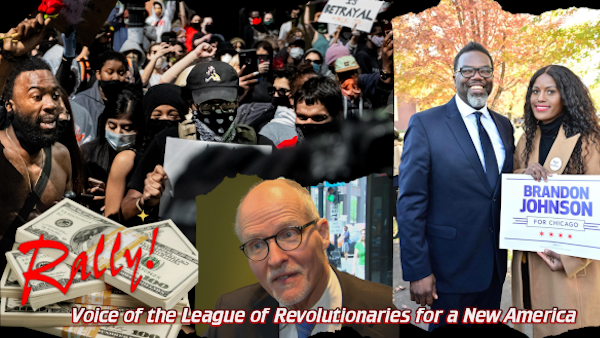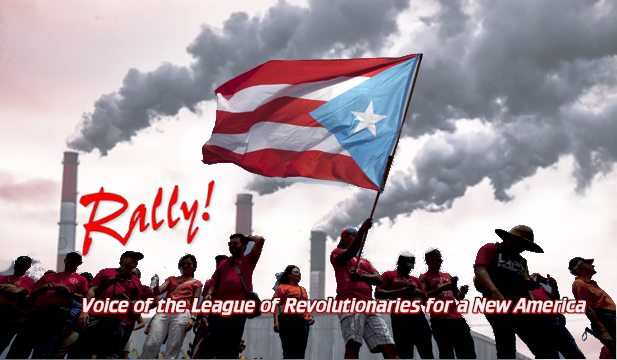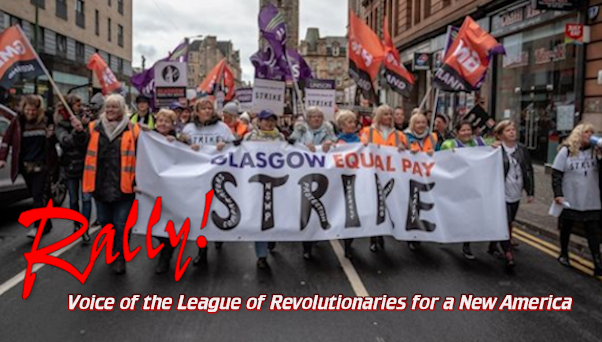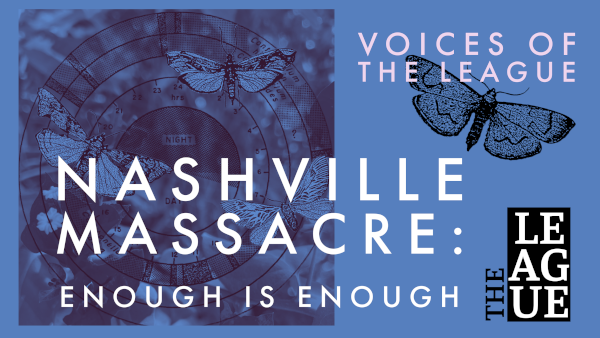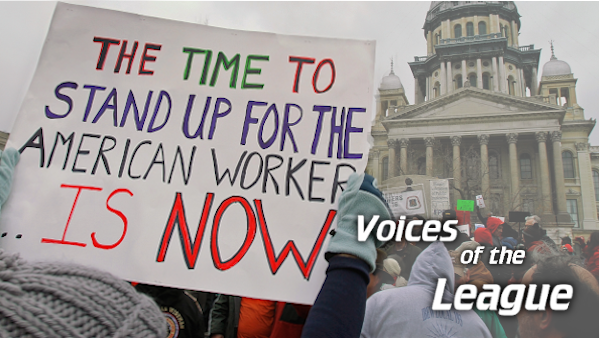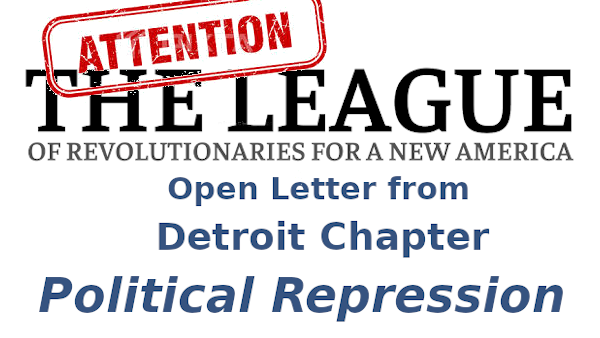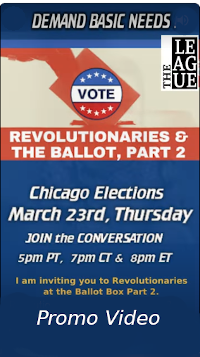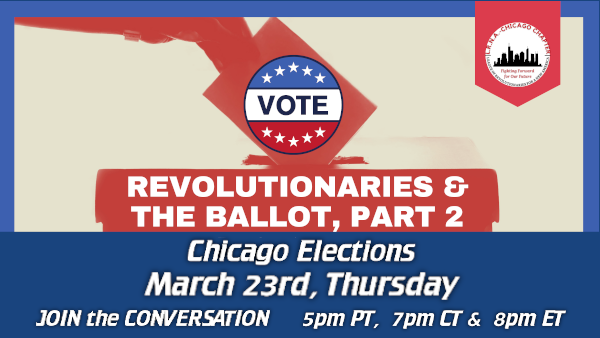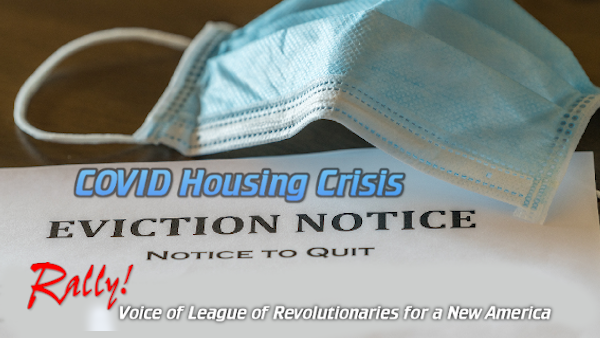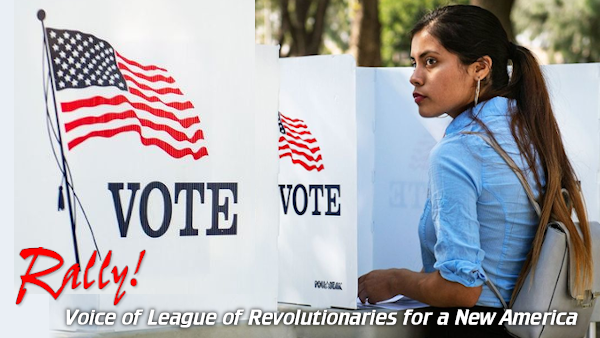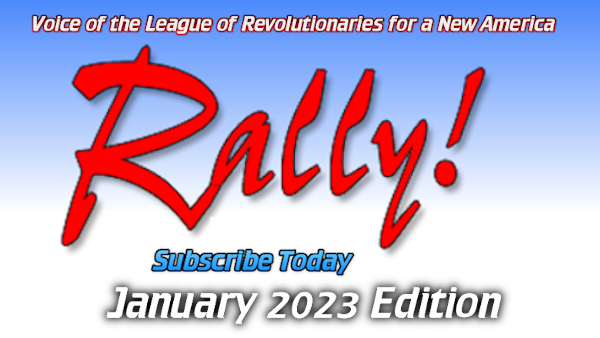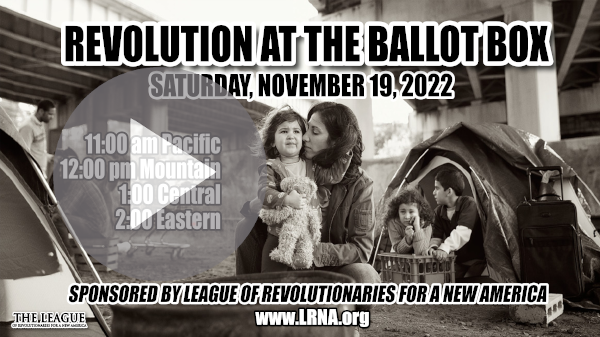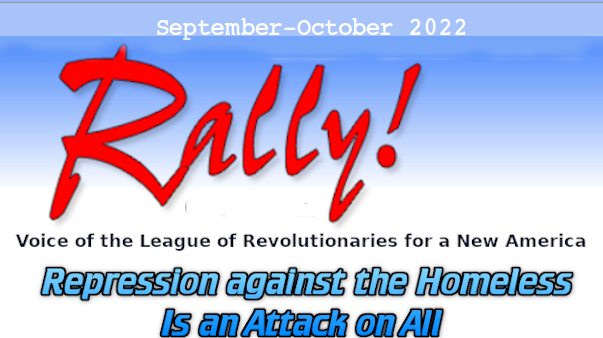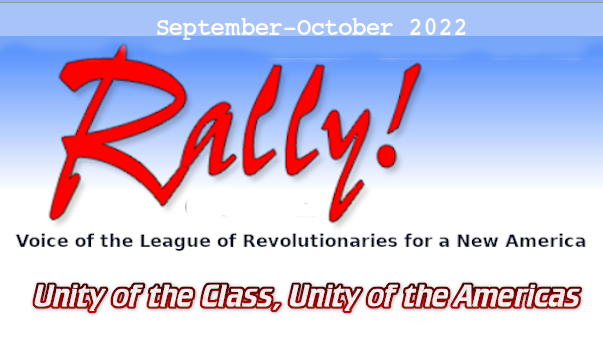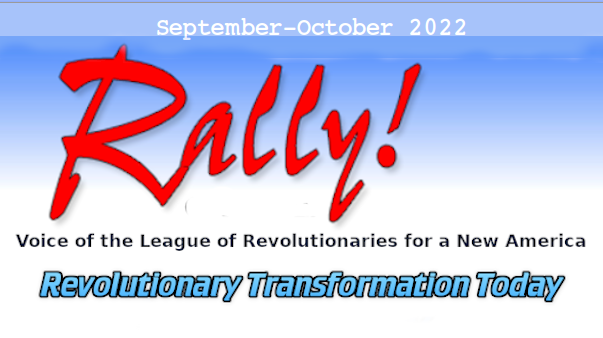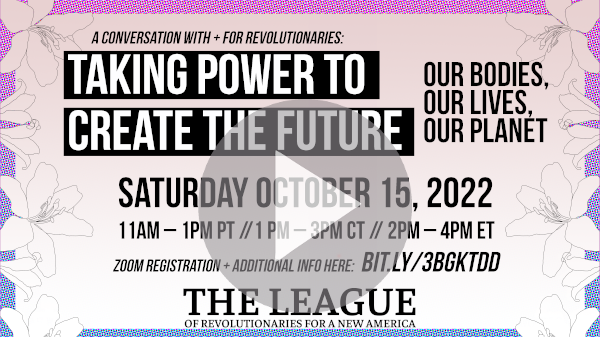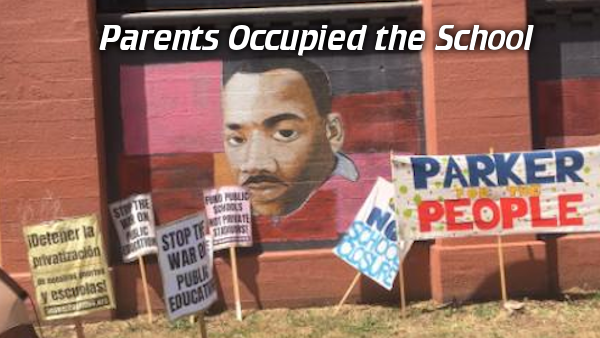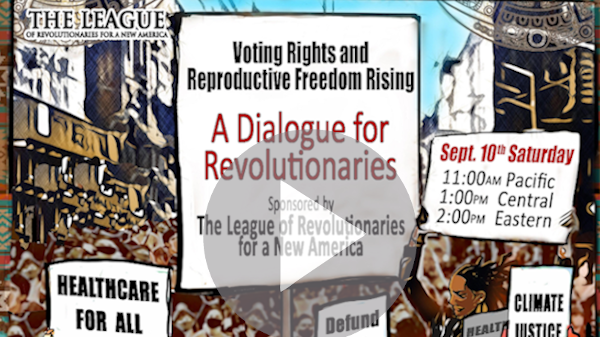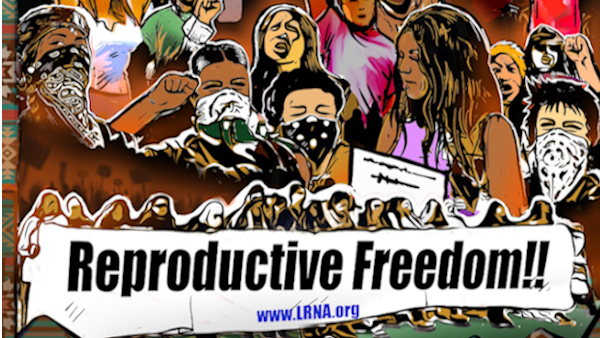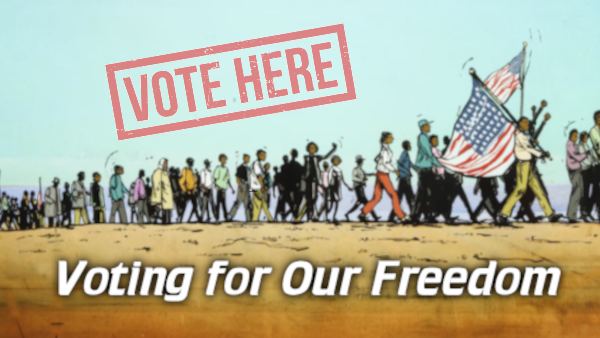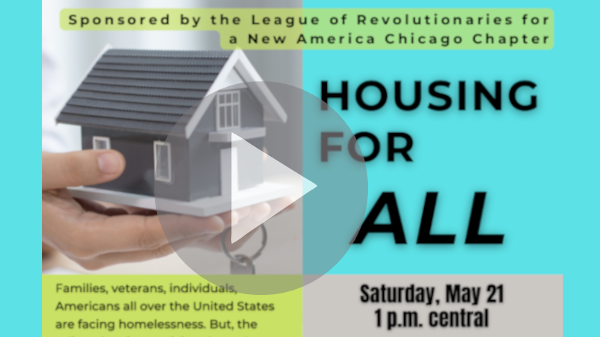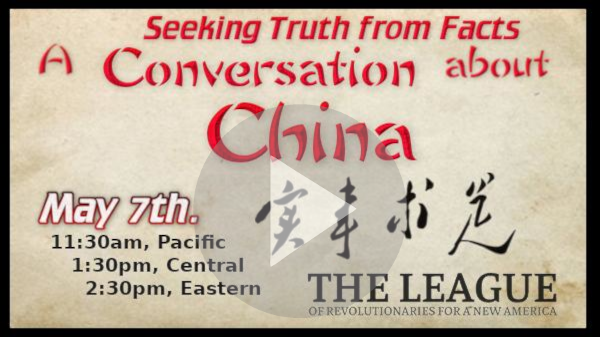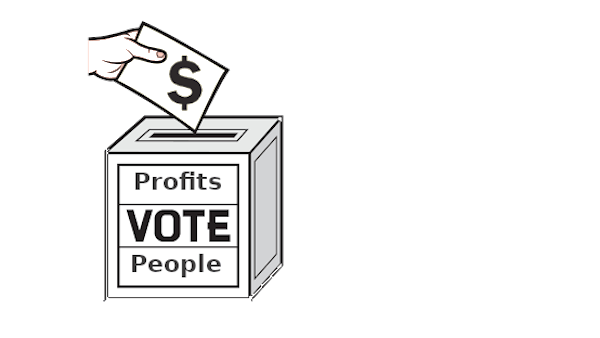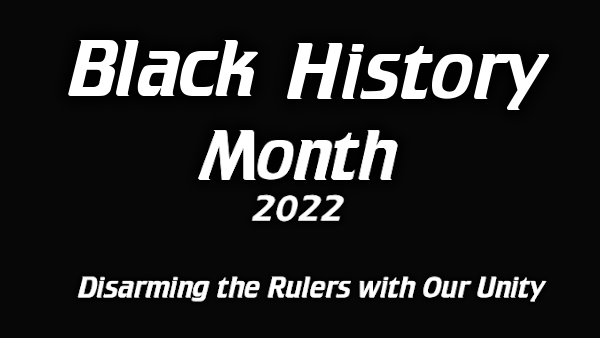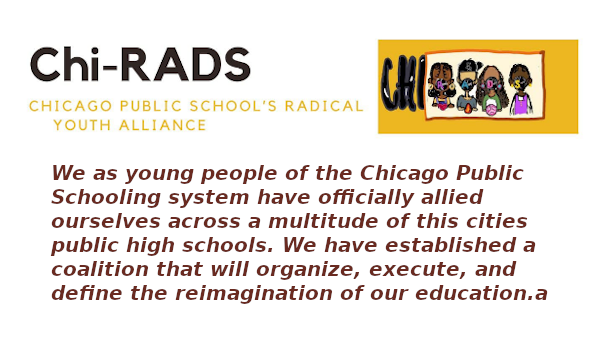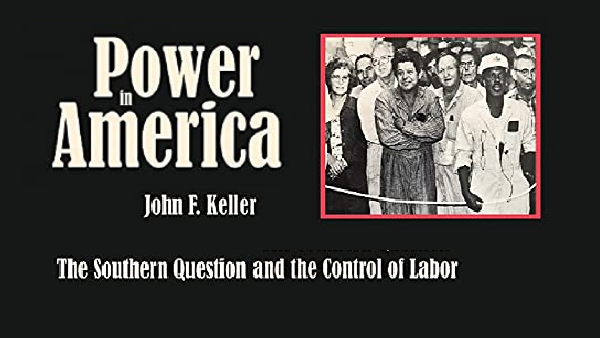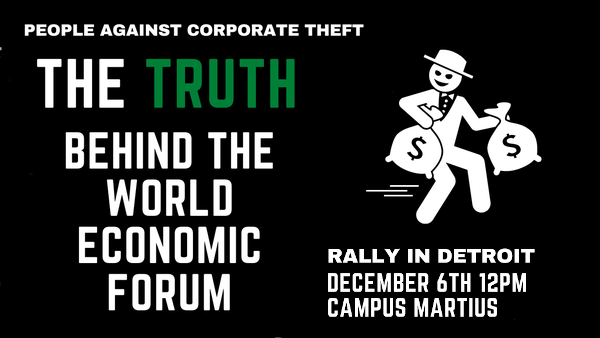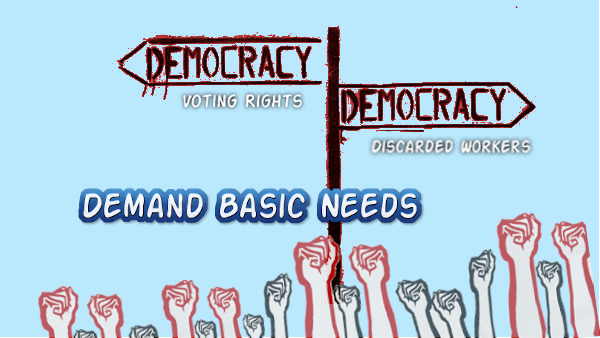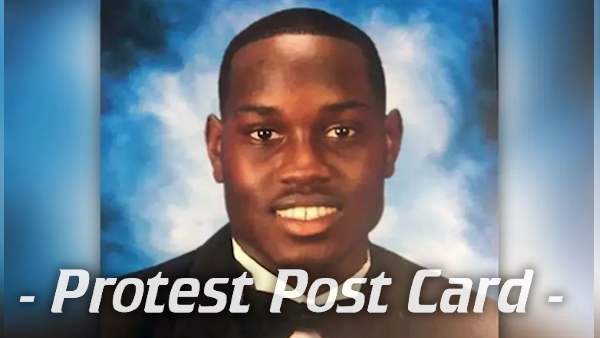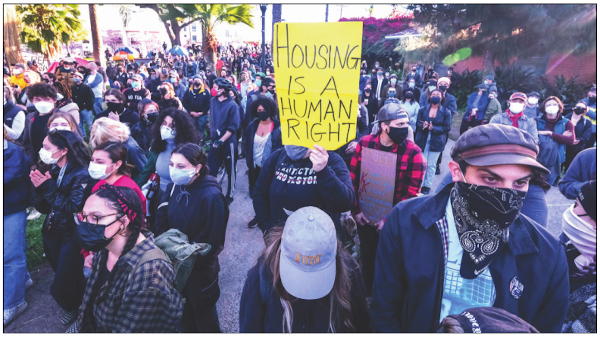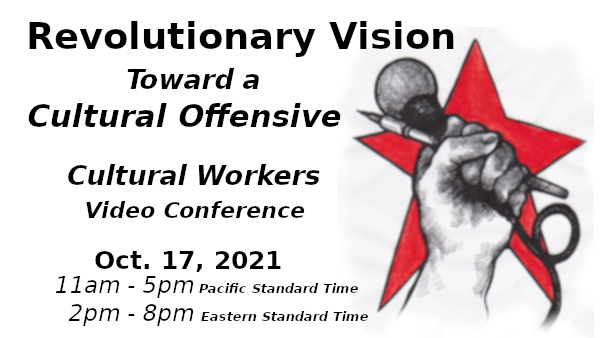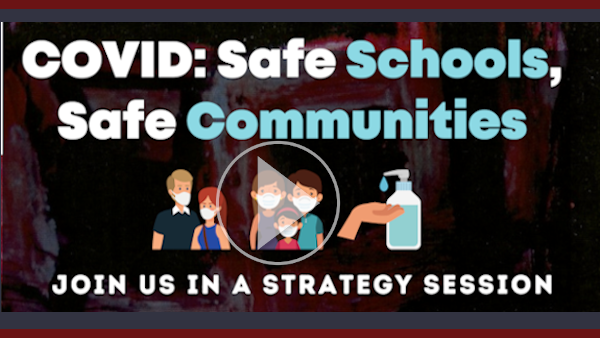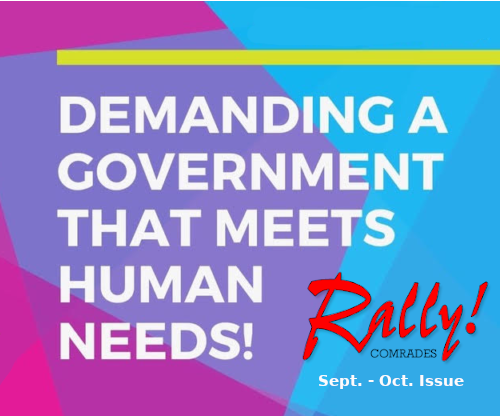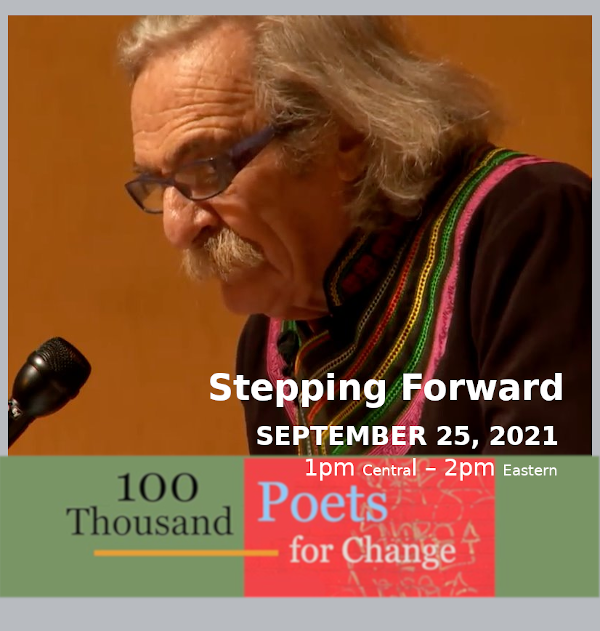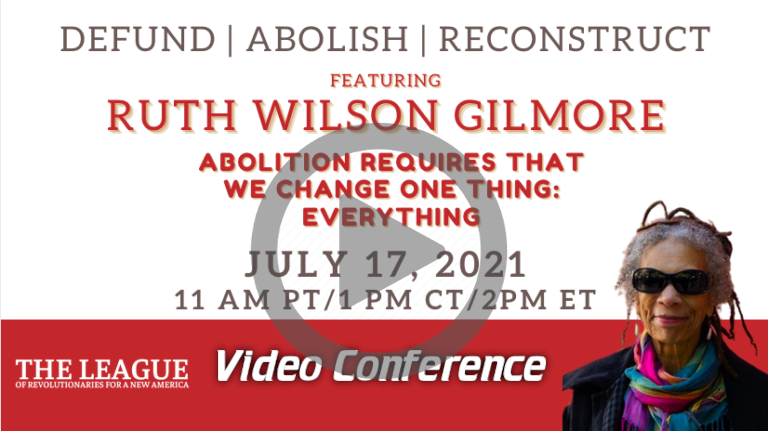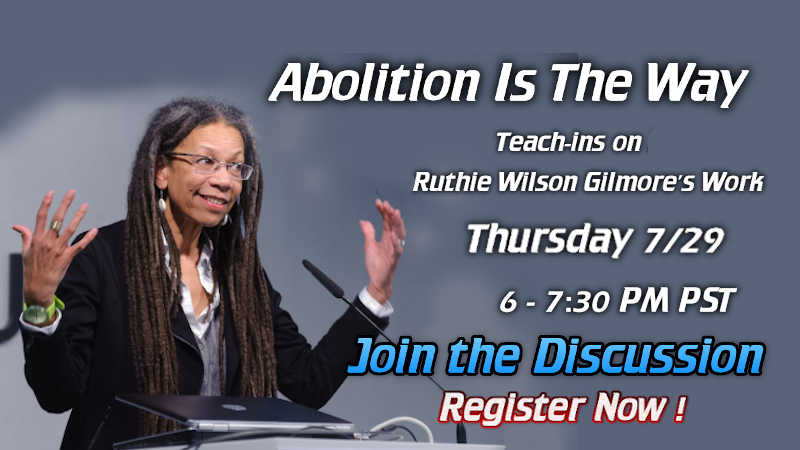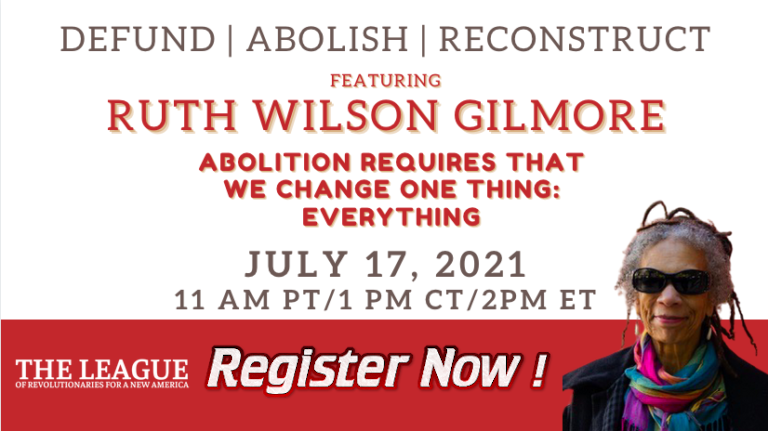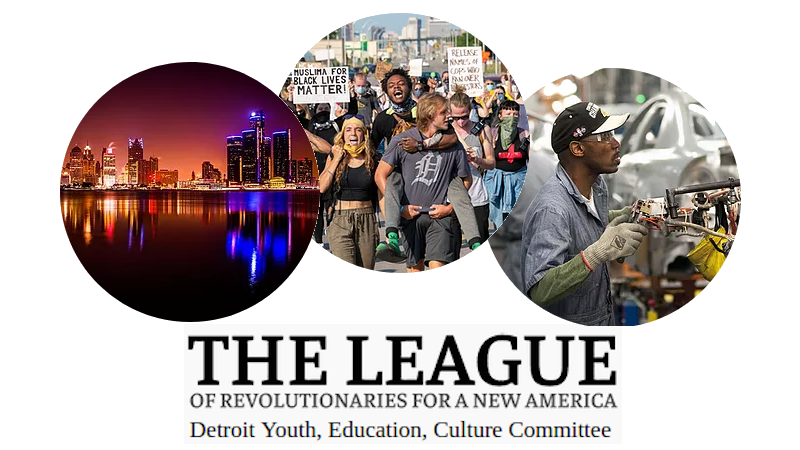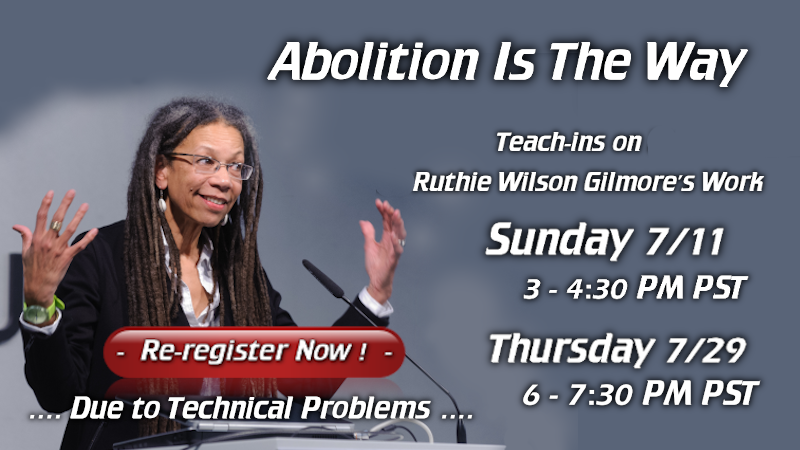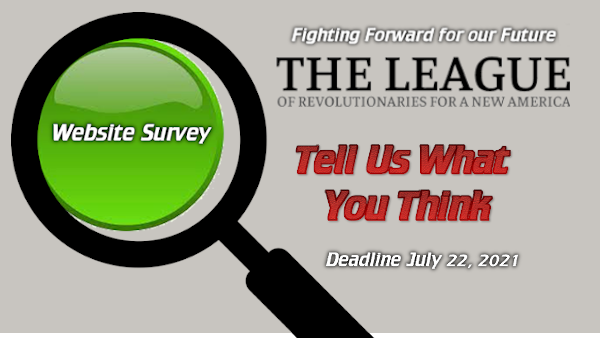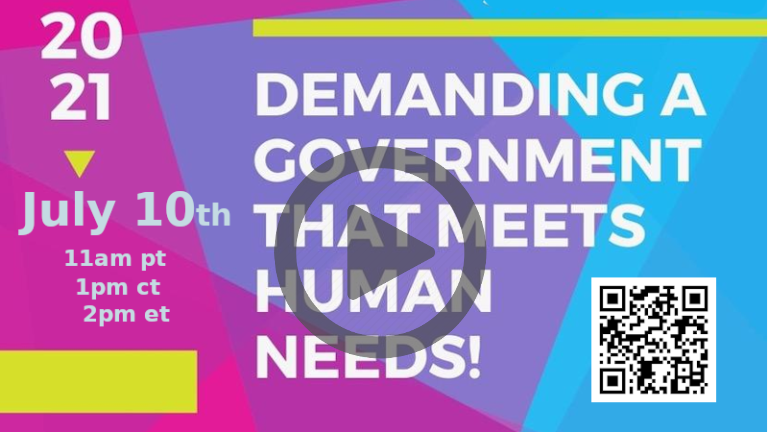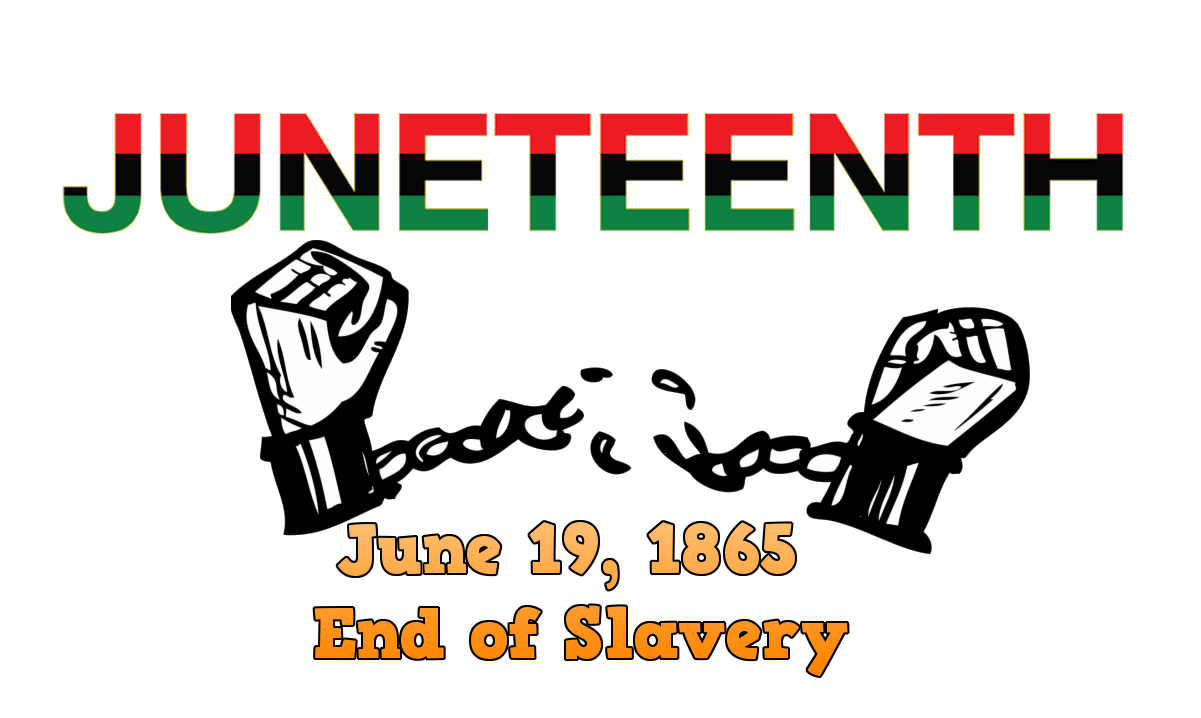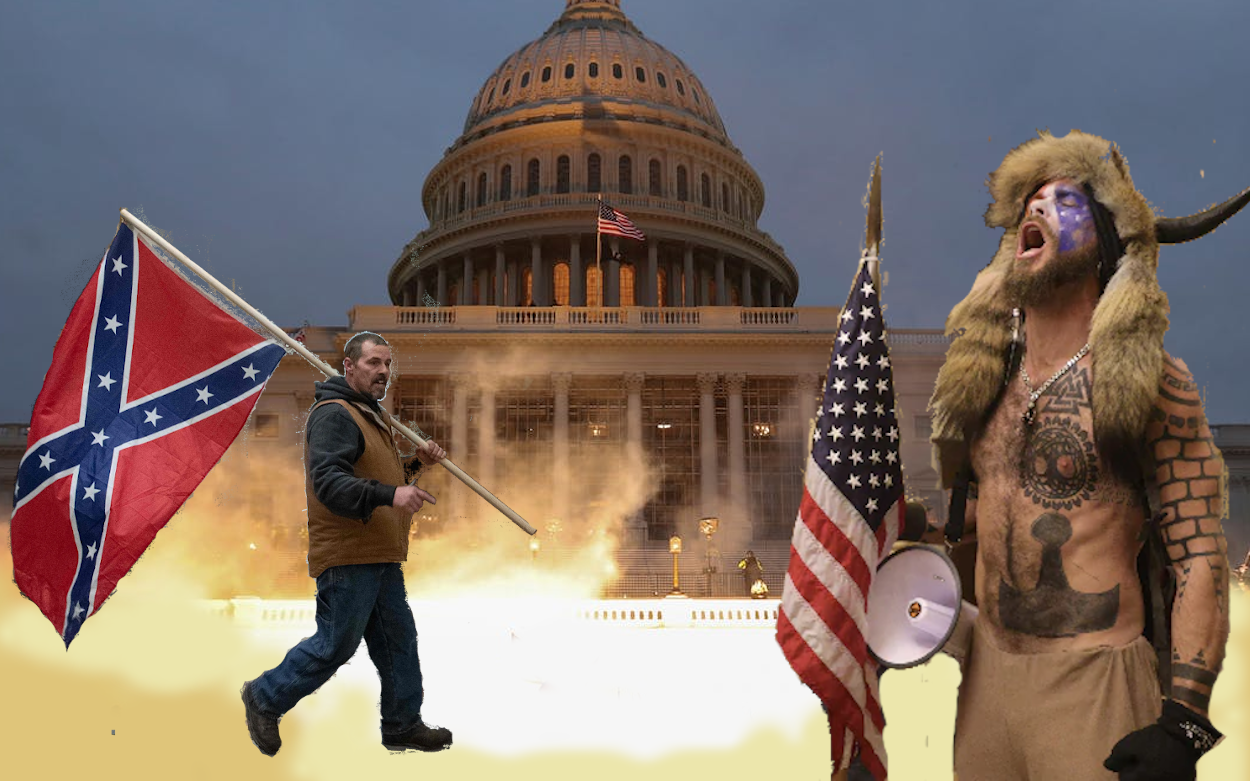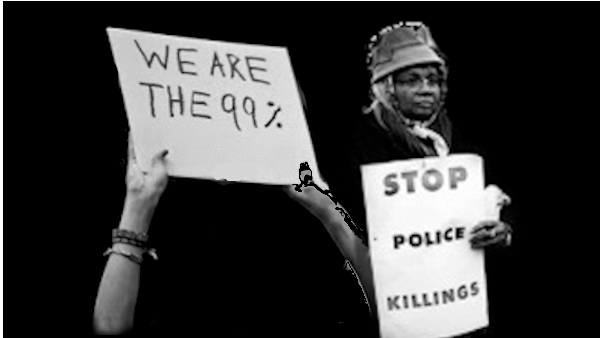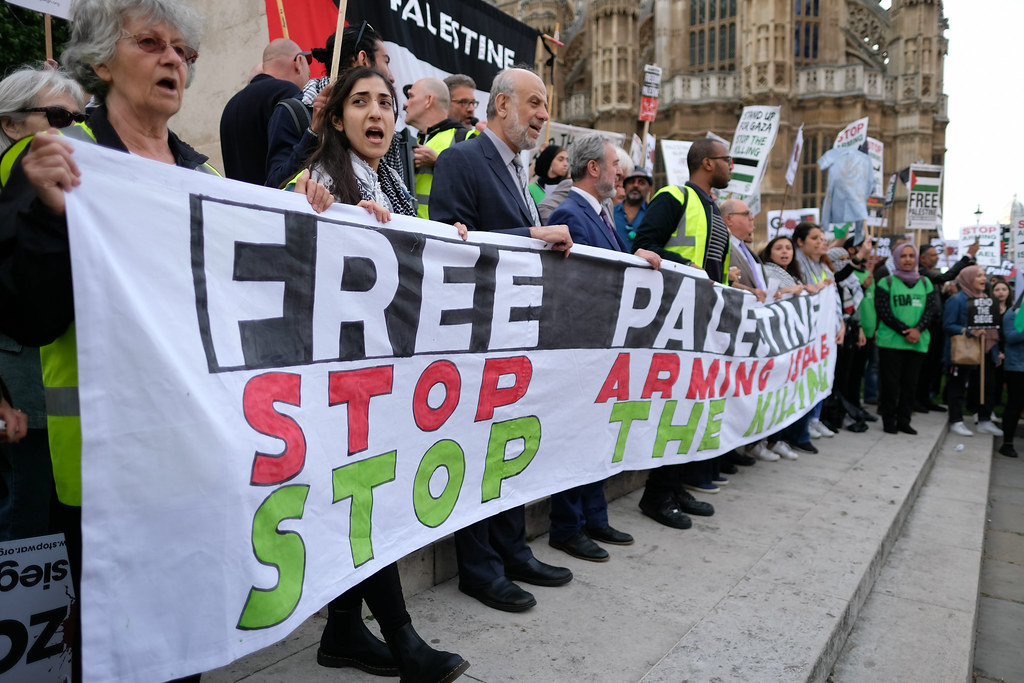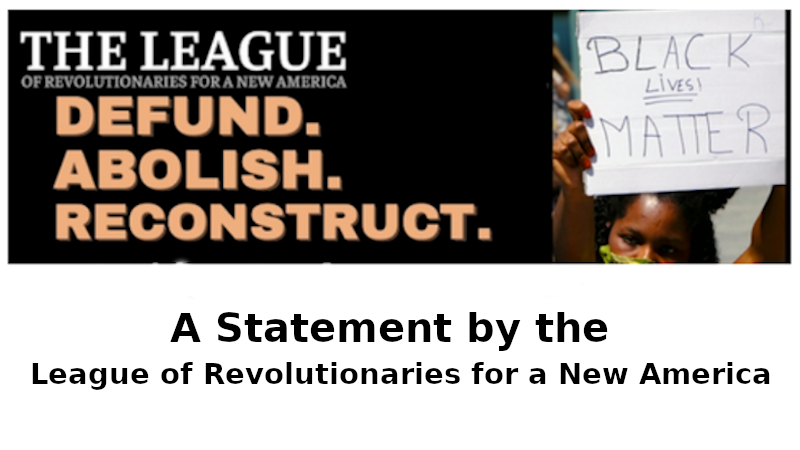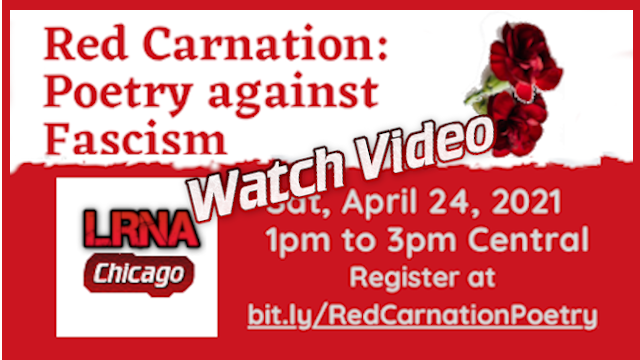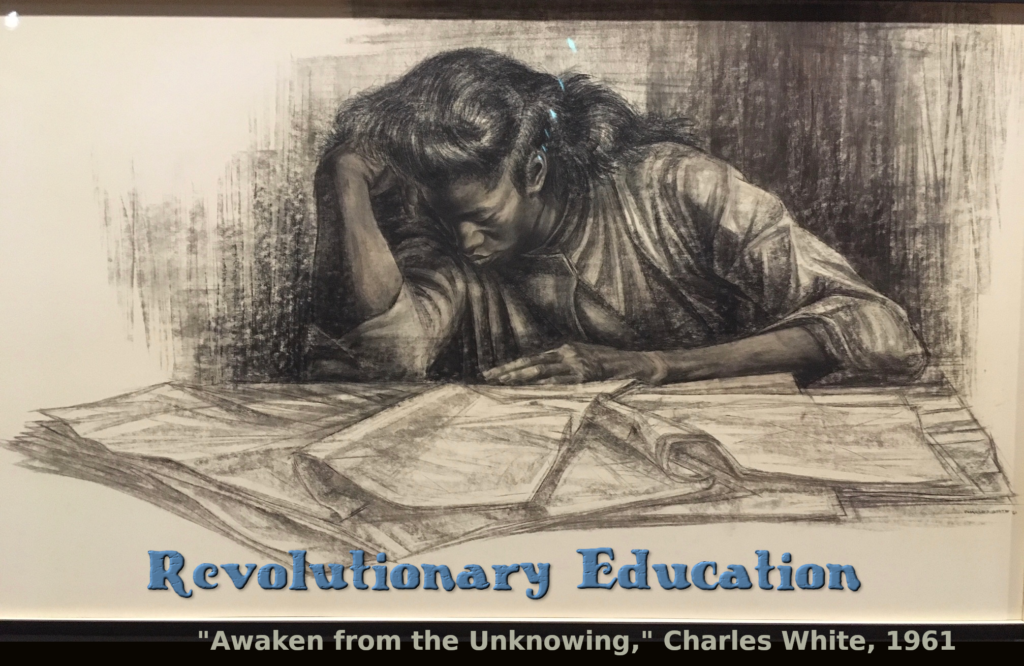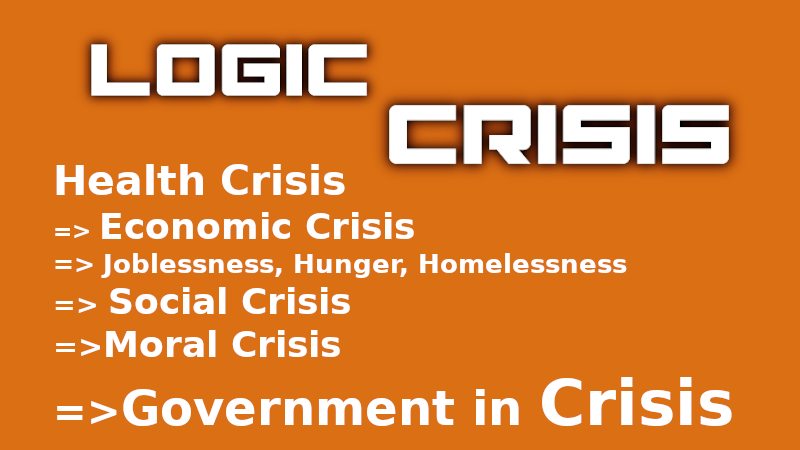The Eviction Moratorium Battle
Download Rally
The Eviction Moratorium Battle
The seesaw, eighteen-month campaign over the eviction moratorium has starkly exposed the conflict between human rights and the power of corporate property in American society. The moratorium was enacted after a groundswell of calls for rent cancellation for tenants facing eviction through no fault of their own, due to the 2020 economic lockdown. The “real estate industrial complex” fought it from the very beginning. The moratorium temporarily called into question the sanctity of “private property” and opened a new front in the long fight for the right to housing.
The 1944 Public Health Service Act empowers the Center for Disease Control (CDC) to “make and enforce such regulations” as are necessary to “prevent the introduction, transmission, or spread of communicable diseases.” The 100-year-old National Association of Realtors (NAR), the National Association of Real Estate Investment Trusts (NAREIT), National Apartment Association, National Multifamily Housing Council (NMFHC), and others immediately opposed the regulations. According to the OpenSecrets organization, housing and real estate industry groups spent more than $100 million lobbying during the pandemic. The NAR spent $18 million in 2021, while realtor associations in Georgia and Alabama filed lawsuits against the moratorium.
Human Cost
The power and inhumanity of the real estate lobby have been contested by millions of people, primarily renters and former renters who are now unhoused. Estimates of the number of people still at risk of eviction range from 3 million to as high as 40 million. The Aspen Institute calculates that 15 percent of all renters are in debt to their landlords, with such unequal rates as 22 percent of Black renters, 17 percent of Latinx renters, and 11 percent of white renters, the largest group. Rental debt is also challenging for renters with children, with 19 percent unable to make payments.
One of the high points of the eviction resistance was the four-day “sleep out” led by Congresswoman Cori Bush and tenant leaders on the Capitol steps from July 30 to August 3. Their actions led to the moratorium extension that saved tens of thousands of families from eviction. But the extension was then overturned by the Supreme Court on August 26.
The inhumanity of mass evictions is equaled only by the system’s cruelty toward unhoused people after eviction. The City of Los Angeles has earned the title of “meanest city in the country” by enforcing the will of real estate investors and hedge fund managers to clear poor residents off the streets. It has carried out massive, multi-agency “sweeps” of unhoused encampments by LAPD and County Sheriffs, including displacing some 2,000 unhoused residents from a three-mile stretch of Venice Beach. It is currently considering assembling teams from all over the city to sweep unhoused encampments on Skid Row, a 47 percent African American community.
A proposed municipal code change would prohibit sitting, sleeping or lying in the city, and potentially allow the city to criminally charge any unhoused resident who does not accept an offer of a time-limited shelter bed, even though enough shelter beds do not exist. California Governor Gavin Newsom recently attacked unhoused leaders, claiming that, “For people that advocate on behalf of those living in encampments when this state is putting up unprecedented resources and alternatives, one has to question the motivations.” The motivations are, that for hundreds of thousands of people, they have no place to go. Those “resources and alternatives” do not exist.
Financialization of Housing
The housing crisis is driven not only by the impoverishment of low-wage and temporary workers, pandemic unemployment, and the September 6 end of extended unemployment benefits. The situation also results from speculative capital increasing its control of the housing industry and the economy as a whole. About 60 percent of rentals in the U.S. is controlled by business entities, including so-called REITs (Real Estate Investment Trusts) like Equity Residential and Essex Property. According to Accountable.US, large REITs suffered little or no rental income loss during the pandemic. They continued to make robust profits yet were among the most vocal opponents of the eviction moratorium. Many REITs and private equity fund landlords earn more of their income trading shares on the speculative market than they do from managing their rental properties.
Long ago, capitalism transformed housing from shelter to protect human beings into a commodity to be bought and sold for profit, without regard for the needs and rights of those who need it. Now housing is undergoing “financialization.” As United Nations Special Rapporteur Leilani Farha wrote in a 2017 report, “Financialization of housing refers to structural changes in housing and financial markets and global investment whereby housing is treated as a commodity, a means of accumulating wealth and often as security for financial instruments that are traded and sold on global markets.”
The contradiction between financial demands of corporate property and the rights of human beings to basic necessities was dramatically revealed when the eviction moratorium went to the Supreme Court in August. The court majority claimed that the moratorium put landlords “at risk of irreparable harm by depriving them of rent payments with no guarantee of eventual recovery” — even though the government allocated $45 billion in rent relief designed to get to landlords, despite a slow roll-out.
Nowhere did the court mention or acknowledge tenants’ right not to be exposed to disease and possible death due to eviction and homelessness. The court held that “one of the most fundamental elements of private ownership” was the “right to exclude.” The ruling class exposed the truth that the underlying principle of private property is to exclude, deny, and violate the human rights of people who do not own any property.
The first task of revolutionaries is to unite with every act of resistance and fight for the unity of the housing movement — including leadership from the housed and unhoused, Black, Indigenous, and other people and communities of color — and the unity of the housing movement with the overall working-class movement. Impulses toward such unity are already happening.
The Poor People’s Campaign explicitly promoted unity between housed and unhoused when it called for “making evictions from any dwelling, including cars, tents, and encampments, illegal.” A July 2021 Los Angeles rally against the criminalization of the unhoused brought together LATU (Los Angeles Tenants Union), unhoused residents from UTACH (Unhoused Tenants Against Carceral Housing), civil rights, church groups, and labor unions from all across the city. UTACH is a recently formed organization with leadership of unhoused residents and Reclaimers from El Sereno, who moved into abandoned but perfectly habitable housing owned by Cal Trans, the CA Department of Transportation. Also, in Los Angeles, a street organization of unhoused veterans in an encampment next to the Veterans Administration invited members of UTACH to talk to them about housing takeovers.
The second task of revolutionaries is to study and work step by step with the movement to uncover and explain the real cause of the problem, the private property system. “Private property” does not mean the personal property that every human being needs for the enjoyment of life: shelter, clothing, and personal vehicles, appliances, etc. Everyone has the right to these. Accurately defined, private property means the land and means of production that generate the society’s wealth. Revolutionaries point out that these things must become publicly owned to distribute products according to need instead of being hoarded by the few.
Finally, the role of the revolutionary is to seek out the forms of transition or approach to revolutionary change. In the housing movement, many of those forms are beginning to take shape. Community Land Trusts are being organized with the explicit aim to “decommodify” land and housing by permanently removing them from the speculative market. National movements like the Homes Guarantee program or California’s Social Housing Act are developing toward a massive expansion of a land and housing sector called social housing, independent of the predatory private market. Revolutionaries participate in these movements to win, to keep them on their path until housing is permanently secured as a human right for everyone.
Social housing is defined as housing on land owned by a public entity or a mission-driven non-profit. Individual units may be owned by the individual families that live in them, but they cannot be sold or transferred to a private for-profit entity. Social housing is mixed-income, with permanent, deed-restricted affordability and security of tenure to prevent evictions. Residents have the democratic right to participate in property management and decision-making.
The challenge is to show how these visionary solutions to the housing crisis make a difference to the daily struggles defending against evictions and homelessness. We do this when we bring these ideas into our battles and connect the dots between temporary fixes and lasting solutions. This is how we do our part to build the revolutionary movement for the peaceful, cooperative society and sustainable earth that we all need and deserve. RC
November.December 2021 Vol31.Ed6
This article originated in Rally, Comrades!
P.O. Box 477113 Chicago, IL 60647 rally@lrna.org
Free to reproduce unless otherwise marked.
Please include this message with any reproduction.

